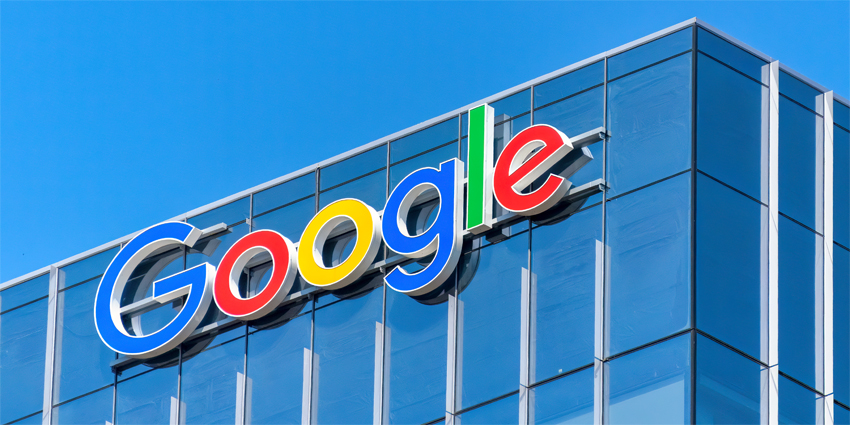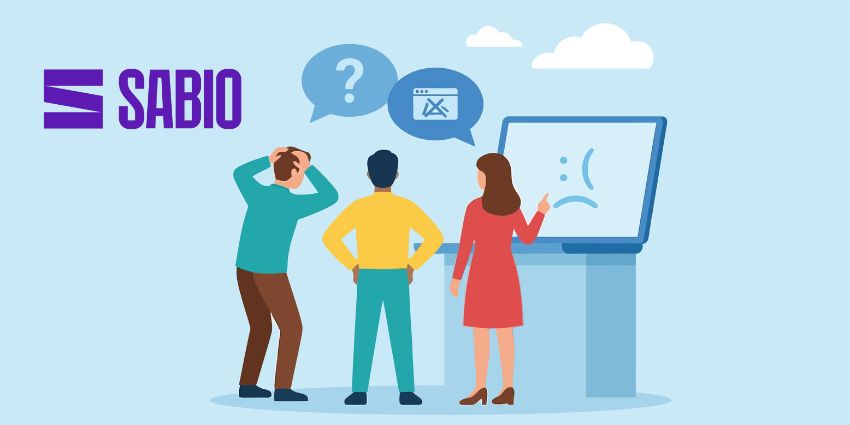Last week, Google formally announced the “next generation” of its Customer Engagement Suite.
In doing so at Google Next 2025, the tech giant showcased its slew of AI-powered capabilities for the offering.
The enhancements will span the four cornerstone solutions that comprise the Customer Engagement Suite: Conversational Agents, Google Cloud CCaaS, Agent Assist, and Conversational Insights.
When announcing the news, Lisa O’Malley, Senior Director of Product Management for Google Cloud AI, detailed some of the features of the revamped Customer Engagement Suite:
[It] will include human-like voices, comprehension, and the ability to understand emotions, and integration with data sources, CRM systems, and popular business messaging platforms.
Yet, perhaps most significant is Google’s framing of this as the “next-generation” Customer Engagement Suite.
In doing so, it positions the solution as an “end-to-end AI CX application”, not just an offering for contact centers.
That’s quite the pivot, which is worth exploring after an analysis of what’s new across each cornerstone component of the Customer Engagement Suite.
Conversational Agents
While the “next generation” of Google’s Customer Engagement Suite includes widespread enhancements, it is clear that Conversational Agents has undergone the biggest changes.
Amongst the fresh additional features are 30 high-definition, natural-sounding voice models.
These models include expressive tones, “steerable instructions”, and customizable elements like pauses, pronunciation, and emotion for “life-like conversational experiences.”
The Engagement Suite will also now benefit from Google’s unified Conversational Agents console, which is designed to streamline the creation of hybrid AI agents that blend generative AI with rules-based logic.
Google teased this console ahead of Enterprise Connect 2025 in March. It supports the rapid development of natural, self-service experiences, along with built-in tools for evaluating agent performance and optimizing conversations through real-time insights and feedback loops.
Other new capabilities include prebuilt agents for flight booking, movie ticketing, shopping assistance, and appointment booking, as well as 30 data retrieval connectors and more than 70 action connectors – all available out-of-the-box.
Moreover, since the original improvements were announced, Google has doubled down on the Conversational Agents product by promising a “powerful” new platform for creating and managing advanced generative and agentic conversational agents.
The enhanced features for this new platform include:
- A new no-code console, powered by Gemini models and enterprise-grade tools, lets non-technical users easily build advanced AI agents with just a few clicks.
- Gemini models now support human-like voices, emotional awareness, and real-time video input, allowing agents to deliver more adaptive and engaging experiences.
- Built-in connectors and API integrations enable AI agents to automate key functions like product searches, cart management, and checkouts across business systems.
Google Cloud CCaaS
As with Conversational Agents, Google’s Cloud CCaaS can also boast a number of fresh innovations.
These include:
- Web and Voice Co-Browse: This enables agents to view and navigate alongside customers in real time, reducing abandonment and improving satisfaction through more effective, collaborative support.
- Customizable Dashboarding and Reporting: Built-in Looker-powered tools provide supervisors with flexible dashboards and insights to better track, measure, and manage operational performance.
- Standalone Agent Desktop App: A customizable, out-of-the-box omnichannel interface that boosts agent productivity with integrated tools like generative knowledge assist and CRM connectivity.
Agent Assist
The major addition to the Engagement Suite’s Agent Assist product is Google’s new AI Coach.
This Gemini-powered feature, now in public preview, promises to boost employee productivity by offering real-time, contextual coaching.
In doing so, it guides agents through complex tasks, upsells, compliance, and follow-ups – ensuring faster resolutions and better customer experiences.
Conversational Insights
Like Agent Assist, the Conversational Insights improvements primarily revolve around a single new solution: AI Trainer.
Currently available in public preview, the tool offers AI-driven simulation, personalized training, and real-time coaching to help new and less experienced agents ramp up quickly, reduce errors, and improve performance.
Google claims that the feature enhances service quality while lowering training costs, boosting customer satisfaction, and reducing agent turnover.
Google’s Customer Engagement Suite in Action
In discussing the fresh capabilities of the Engagement Suite, Google pointed to a recent collaboration with Verizon.
The partnership will see Google equip 28,000 of Verizon’s customer support agents with an AI-powered “personal research assistant.”
Powered by Google Cloud’s Vertex AI and Gemini models – part of the Customer Engagement Suite – the tool delivers real-time, personalized responses to customer questions.
It also anticipates follow-up queries, helping agents provide more complete answers and reduce repeat contacts.
Unlike traditional systems, it allows agents to interact conversationally with the assistant, digging deeper into issues without needing to manually search databases.
Sampath Sowmyanarayan, Verizon’s CEO, detailed how the Customer Engagement Suite has allowed the company to “deliver faster, more personalized service, significantly reducing call times and empowering our team to focus on what truly matters: our customers.
This human in the loop technology is not just about ease and simplicity; it’s about building lasting loyalty through exceptional experiences.
Is Google Encroaching on CRM?
Although CRM has not expressly been mentioned by Google, the enhanced features of the Customer Engagement Suite are broadening Google’s capabilities beyond the CCaaS space alone.
Consider the Conversational Agents. Normally, contact centers would leverage their CRM platform to offer shopping assistance, schedule appointments, and so on.
Nevertheless, Google is encroaching on that territory, as it tried to do last year by reportedly attempting to snap up HubSpot.
CCaaS is likely still the primary target for Google – as seen with the enhancement to Google Cloud CCaaS – but by aligning itself more specifically with customer engagement, Google is signaling that it is looking to play a more widespread role in the customer service and experience space.
But what does this mean for the customer?
It’s hard to see how this won’t be positive for Google customers, with one of the global leaders in the entire tech sector seemingly committing more resources and innovations to its CX division.
Nevertheless, with a recently revitalized relationship with CRM leader Salesforce, it’ll be fascinating to see how far it goes and what’s next for Google’s Customer Engagement Suite.
Join the CX Community That Values Your Voice
This is your space to speak up, connect, and grow with thousands of CX leaders. Share your voice, influence what’s next, and learn from the best in customer experience. Join the conversation today.







